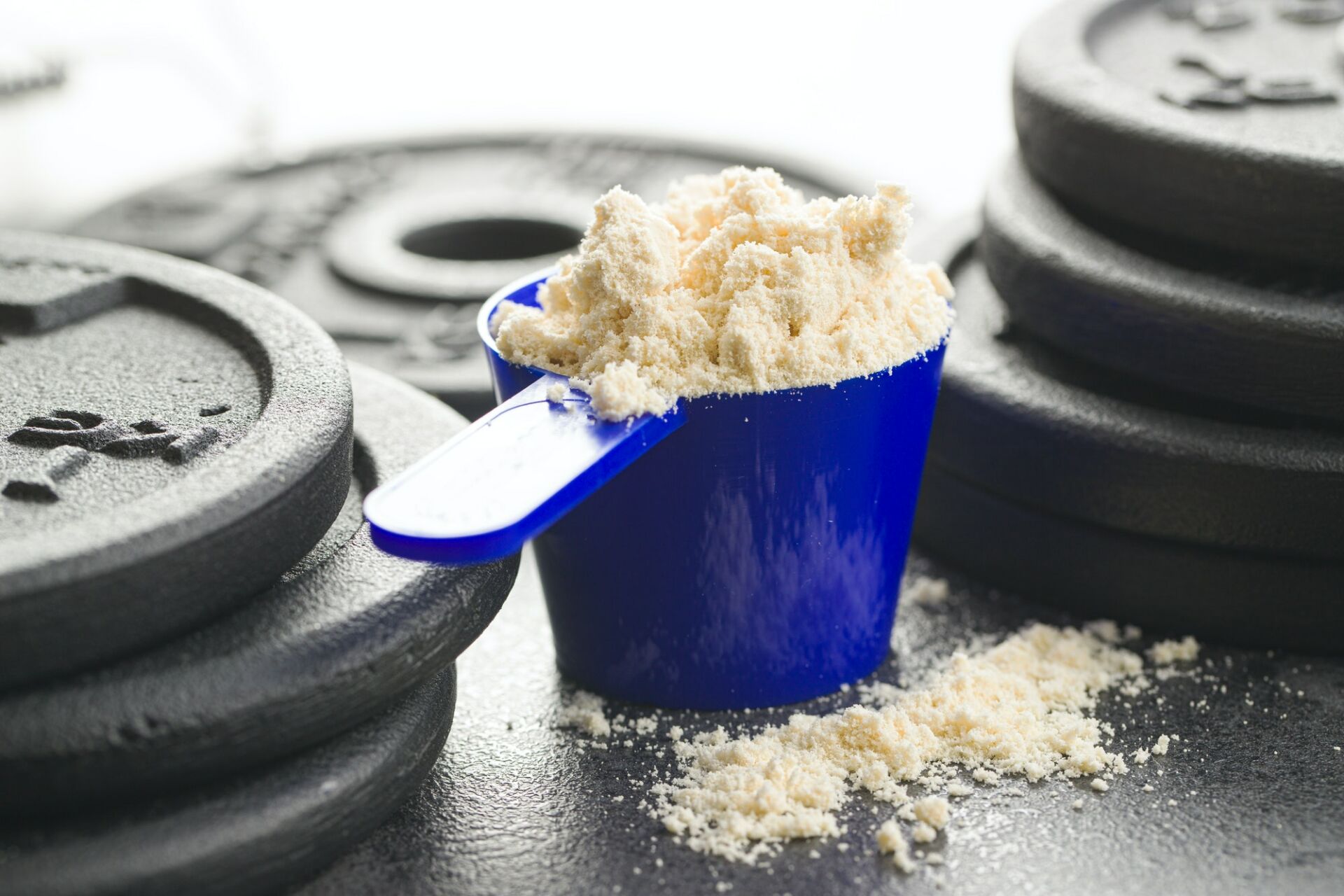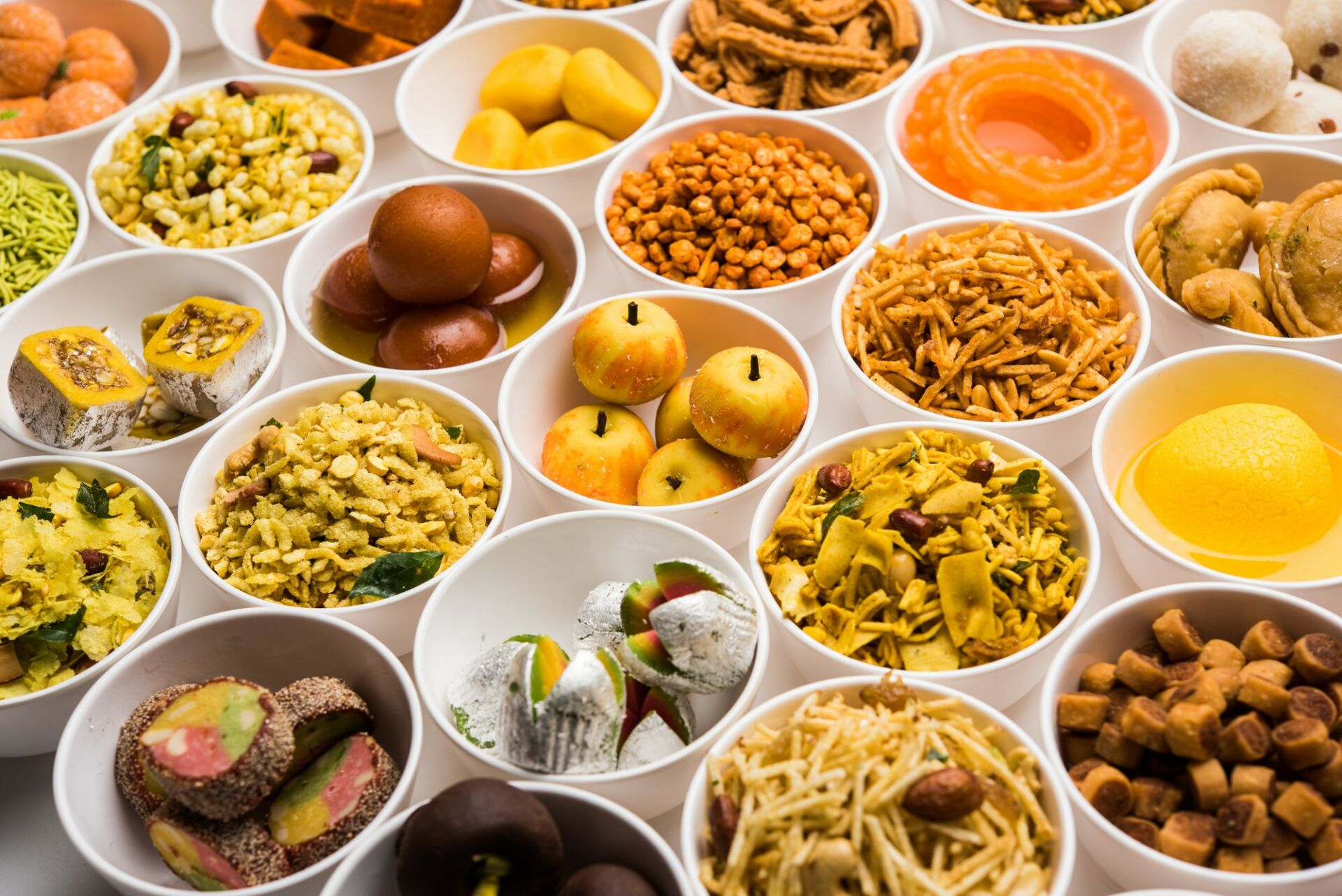Table of Contents
ToggleThere is no athlete without a proper meal plan and at least some general knowledge about the theory of nutrition. Everybody knows that food makes the muscles grow.


There is so much controversy out there and it’s quite easy to get confused. General consensus is a rare occurrence. Different studies show different results and different conclusions are drawn left and right. Also, people who’ve had some success with their nutrition plan think that it will work for anybody else too, which is not true all the time.
With that being said, we will not try to set any new paradigms. Enough people are trying way too hard to do that anyway. What we can do is give our honest opinion based on experience and thorough research.
Feel free to continue reading below or watch the video version below from Our YouTube Channel.
Counting your meals
So how many times a day should you eat?
Answers to this question range from one to seven (in certain extreme cases). To be frank, that does depend on the individual, but since we’re working with an average person, let’s say that the optimal number of meals you should eat per day is somewhere around five. If your caloric intake needs to be higher, you’ll have five bigger meals. If you need to lower it down a notch, just lower the calories per meal.
If you have five meals per day that means you will have a meal every three hours or so (if we take into account that you sleep eight hours). This is great because protein and other macronutrients require time to be absorbed into the bloodstream. Furthermore, intaking protein alone and intaking protein in a mixture with other macros changes things significantly. Not all food goes directly into your bloodstream immediately after the moment you eat.
Nutrient intake
Nutrient intake depends on the source of the food and it takes several hours. Certain proteins have a relatively fast release (i.e. whey) while others need more time (like casein). This pattern of eating every 3-4 hours optimizes the protein absorption process and is thus a strong reason why your meals should be spread out during your waking hours rather than compressed into one or a few big meals.
Do not forget that protein synthesis also takes place while you sleep which means dinner counts too.
It might sound problematic to eat that many meals per day. It takes some time to get used to it. However, there are methods you can apply to make your life easier while trying to achieve your fitness goals. Prepare your food in advance. Sacrifice a little bit of your time one day and make food for the following few. This method can save you a bunch of time.
Protein absorption
The next reason why you should have about five meals per day is that you can only absorb so much protein per meal. Going over that limit won’t help you out that much. It might do exactly the opposite.
Why won’t it help?
Because your body has its limits and it won’t go over them no matter what you do. The excess of any amino-acids gets discarded by your body in the form of urea which gets turned into urine. Now, there is a rule of thumb you can use to see what the optimal “protein per meal” should be for you.
According to a study [1] conducted by the Journal of the International Society of Sports Nutrition in which they cite a text from Moore et al. [2] they found a number of 0.4 grams of protein per kilogram of body weight. If you weigh 80 kg that means you should intake about 32 grams of protein per meal.

Going into details
Calculating the exact number is not an easy task by any means. If you are a professional, you will need to do it since every gram is important at the competition level. But if you aren’t, settling for an approximate number of macros you put in your body will do you just fine. Just make sure you are on the right side of the macro intake.
However, don’t build your diet solely around protein. This is a common mistake nowadays. There is added protein in almost everything you can find on the counter. From extracted whey in the form of protein powder to chocolate bars and protein chips, you can find it almost everywhere.

Truth is, it is not that necessary and will not help you achieve the body you’re searching for. Having an appropriate intake of fats and carbs in your diet is key. Without it, you won’t make much progress. Protein-filled food usually lacks the valuable nutrients needed to support muscle building. Vitamins, minerals, fatty oils, and others are mandatory in any sports diet.
Sources
- How much protein can the body use in a single meal for muscle-building? Implications for daily protein distribution. (2018. February 27) Retrieved from: https://www.ncbi.nlm.nih.gov/pmc/articles/PMC5828430/
- Protein Ingestion to Stimulate Myofibrillar Protein Synthesis Requires Greater Relative Protein Intakes in Healthy Older Versus Younger Men (2014. July 23) Retrieved from https://academic.oup.com/biomedgerontology/article/70/1/57/2947642https://academic.oup.com/biomedgerontology/article/70/1/57/2947642


